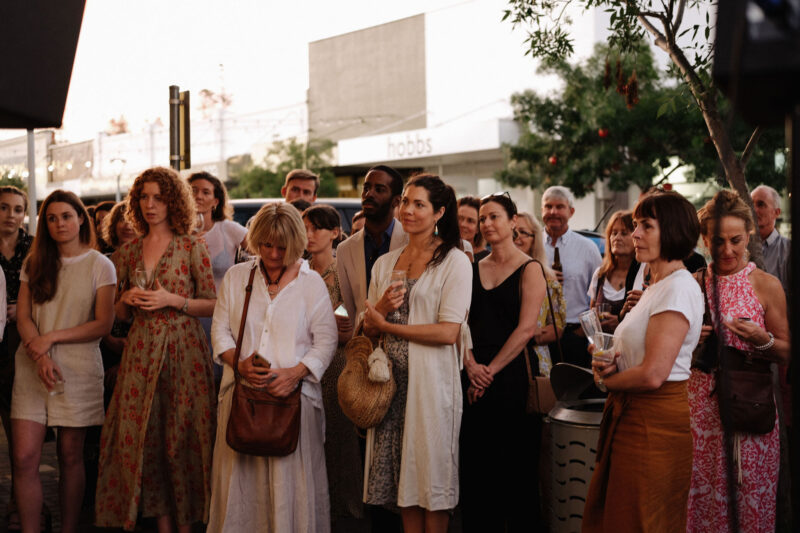Roland Leach's words on Everything I Do Not Know
05 Dec 2019

"After reading the manuscript for the first time a few months back I replied to Anna that ‘everyone should read this book’. I do not say that often, and less often for poetry, as I know how many avid readers still find poetry difficult or obscure. But there was something in this work that made me want to read on, and this ‘something’ was the honesty of the voice and the vision it articulates. There is a youthful wisdom that is still humble that echoes the words of T.S Eliot in the Four Quartets:
The only wisdom we can hope to acquire
Is the wisdom of humility: humility is endless.
It is this combination of wisdom and humility that I speak of in Everything I Do Not Know. The poetry is about pretence – the lives and selves we pretend to be, the performances we act out each day; it is about faith, which Anna calls ‘just a simple trusting/in the benevolence/of this existence’ (p.42) It shows a need for transformation in our own personal and spiritual lives.
The poetry is about loss and the entering into a form of exile that at first appears annihilating yet presents itself as a creative rupture, that involves the relinquishing of the safe, comforting securities; it is a shedding of the ego. And it is the recognition of this that allows for a fuller sense of belonging.
The journey into the self can sometimes only happen when you put words onto the page (‘But I didn’t/I never said anything/until I wrote these words.’) (p.38) And perhaps this is why we write. To uncover and perhaps discover what lies within that we did not even know ourselves. In the book Anna explains the moment when it became possible for her to have the power ‘to determine truth for myself’ and then search for it in the wisdom of the great spiritual works (p.65) and what she found was that these teachings ‘all seemed to know me/so much more intimately/than I knew myself’ (p.66) and somewhere between the lines/if we become quiet enough/if we soften our edges enough/to listen in/we can reunite with that part of us/live from that part of us/make worlds from that part of us’ (p.68)
I love the image of softening our edge. It is always those edges that must smoothed out, like the ocean slowly wearing away rock, taking away that sharp edge arrogance that must be broken down, so everything, even death, can flow calmly by.
The quest in the book involves searching for the answer: ‘ whether or not/this is a meaningful and benevolent universe.’ It then says ‘Lean into that/Lean into the belief/that you could know’. This image of ‘leaning’ stands out, as if you can only know the world by pushing against it. Feet placed flat, leaning into it, just a touch at first so it knows you exist. Despite what you may hear it is not indifferent, just needs you to make the first act of touch. And what better way to do this that to ‘lean’.
The God referred to in the book is ‘a simple loving presence/permeating all things/at all times/it is the thread that runs between us.’ (p.81) This sounds like a God that we can trust and accept. No large proclamations, no grandstanding, just a presence, an energy, that we all might be able to sense if we put ourselves in the right place.
This is a beautiful book, artistically conceived and presented in form and on the page as free and liberating. I congratulate Anna on what she has produced and may there be more."